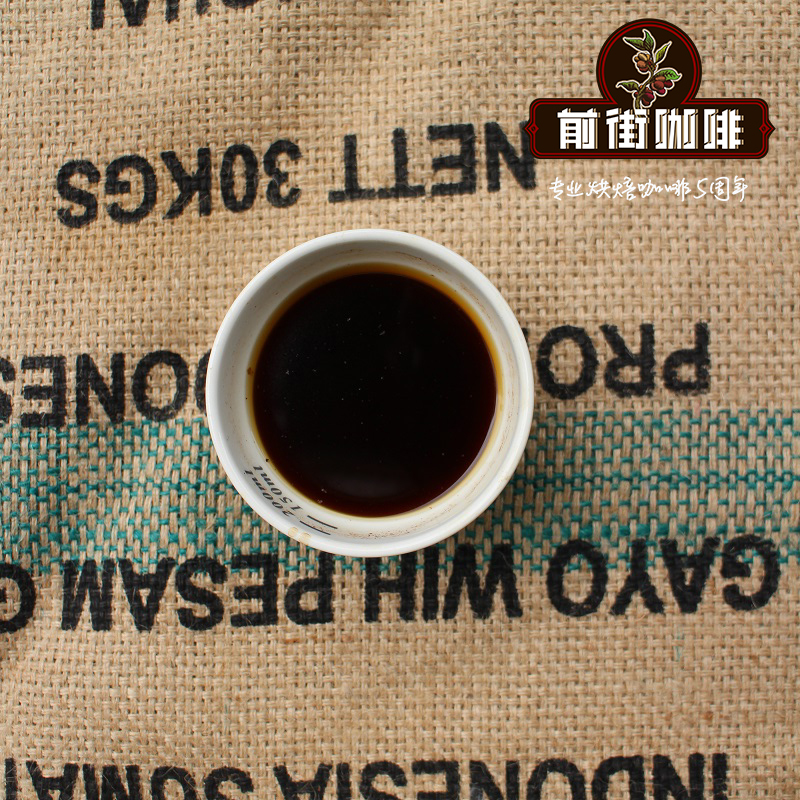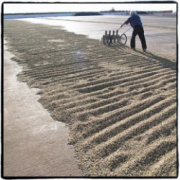Introduction of Fine Coffee from Congo

Professional coffee knowledge exchange more coffee bean information please follow the coffee workshop (Wechat official account cafe_style)
Congo's boutique coffee comes from Kivu, which is the general name of Eastern Congo (Kinshasa) and covers a very wide geographical area. It is adjacent to Uganda, Rwanda, Burundi and the east of Lake Tanganyika. Kivu is divided into three provinces, North Kivu (North Kivu), South Kivu (South Kivu), and Maniema. Main products include coffee, cotton, rice and palm oil, tin and some gold have been mined. The quality of coffee in Kivu is excellent, but political instability and power struggle pose great challenges to the stability and development of all industries here.

The Ruwenzori Mountains, Kahuzbega National Park, is part of this Kivu, where most coffee is grown. Kivu was a base for rebel groups in the 1990s, and the Kivus rebels have established a revolutionary government in eastern Congo, headquartered in Bujumbura, the capital of Burundi.

With the holding of the presidential election in Congo, Kivu has been temporarily stable, and coffee cultivation here has also developed.
Coffee in Kivu in Congo is very cheap because of the lack of a fair trading mechanism. Congolese Kivu coffee is characterized by a strong cocoa flavor, a well-balanced taste and a mellow texture similar to that of Mantenin.

Congo Kivu pill beans
Producing country: Congo
Hierarchy: there is no hierarchy
Planting area: Kivu Province
Brand name: Kivu "samurai sword" pill beans
Treatment method: wet treatment
Appearance: 8ddeband 300grgrgrgr15-17SCR
Variety: uncertain
Note: very strong dry aromas of cocoa, nutty and vanilla. The wet aroma is quite wild: the smell of fresh tobacco, the smell of soil after rain. The flavor is very bright, with typical characteristics of East African coffee, but because it is wild coffee. It's the best description of fresh tobacco and earthy taste. The style of this coffee is between exquisite African coffee (Kenya) and pristine Indonesian coffee (Manning).
Dry aroma (1-5): 3.6
Wet aroma (1-5): 3.4
Acidity (brightness) (1-10): 8.5
Taste (layered) (1-10): 8.4
Taste (alcohol thickness) (1-5): 3.5
Aftertaste (residue) (1-10): 8.4
Balance (1-5): 0
Basic score (50): 50
Total score (maximum 100): 85.8
Strength / main attributes: medium strength / cocoa
Recommended baking degree: city+ or FC+
Contrast: somewhere between bright, clean African coffee and austere, austere Indonesia.

Qianjie coffee: Guangzhou bakery, the store is small but a variety of beans, you can find a variety of unknown beans, but also provide online store services. Https://shop104210103.taobao.com
Important Notice :
前街咖啡 FrontStreet Coffee has moved to new addredd:
FrontStreet Coffee Address: 315,Donghua East Road,GuangZhou
Tel:020 38364473
- Prev

Introduction to Costa Rican boutique coffee
Costa Rican coffee is characterized by a "coffee flavor". These coffees are simple, clean, just right sour and mild in taste.
- Next

Introduction of Brazilian boutique coffee
Brazil is the largest producer of Arabica coffee as well as robusta coffee and is the number one coffee producer in the world.
Related
- Beginners will see the "Coffee pull flower" guide!
- What is the difference between ice blog purified milk and ordinary milk coffee?
- Why is the Philippines the largest producer of crops in Liberia?
- For coffee extraction, should the fine powder be retained?
- How does extracted espresso fill pressed powder? How much strength does it take to press the powder?
- How to make jasmine cold extract coffee? Is the jasmine + latte good?
- Will this little toy really make the coffee taste better? How does Lily Drip affect coffee extraction?
- Will the action of slapping the filter cup also affect coffee extraction?
- What's the difference between powder-to-water ratio and powder-to-liquid ratio?
- What is the Ethiopian local species? What does it have to do with Heirloom native species?

